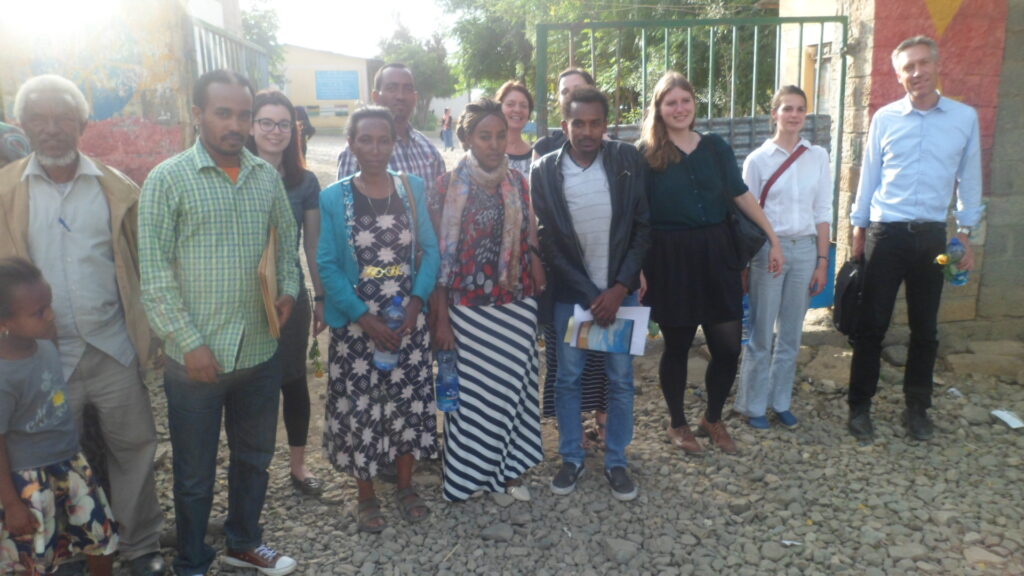Community Engagement
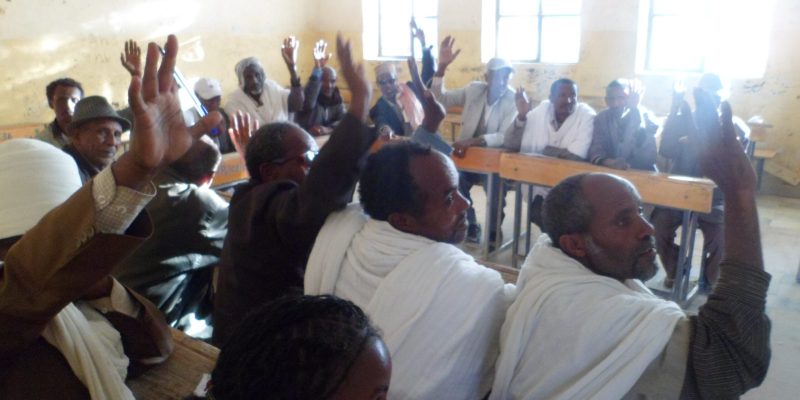
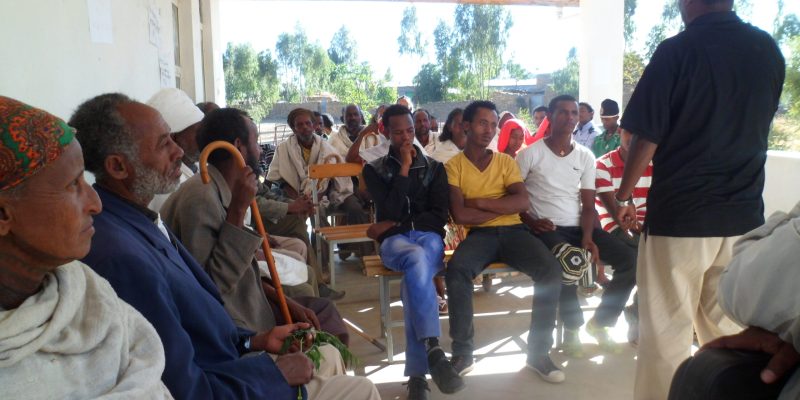
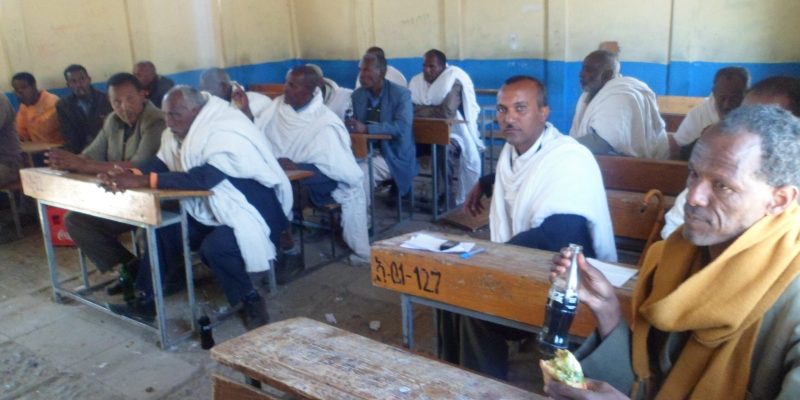
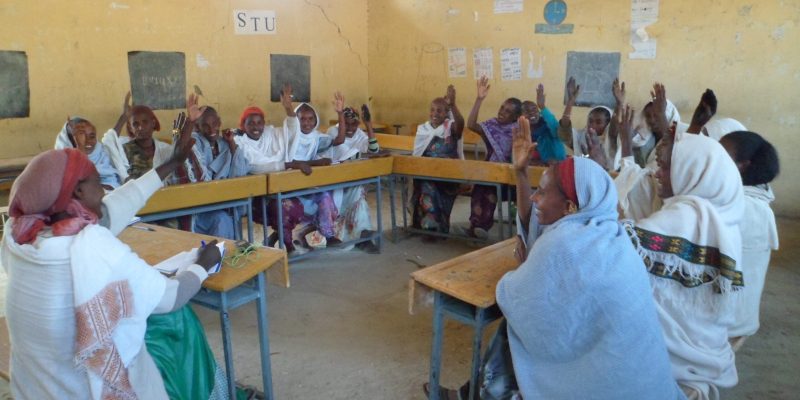
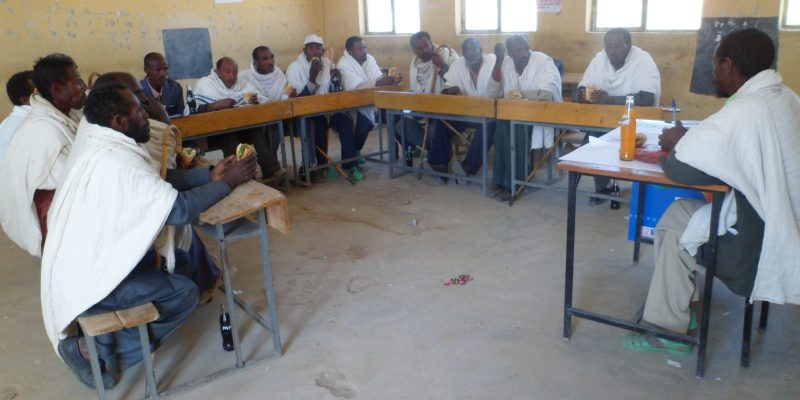
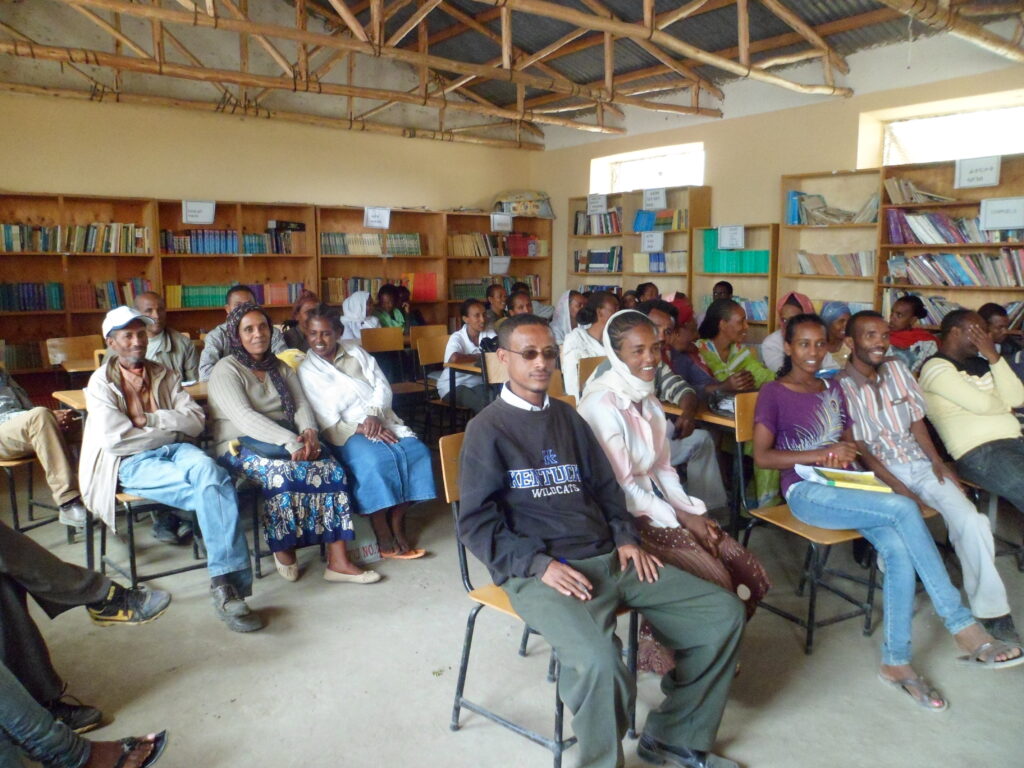
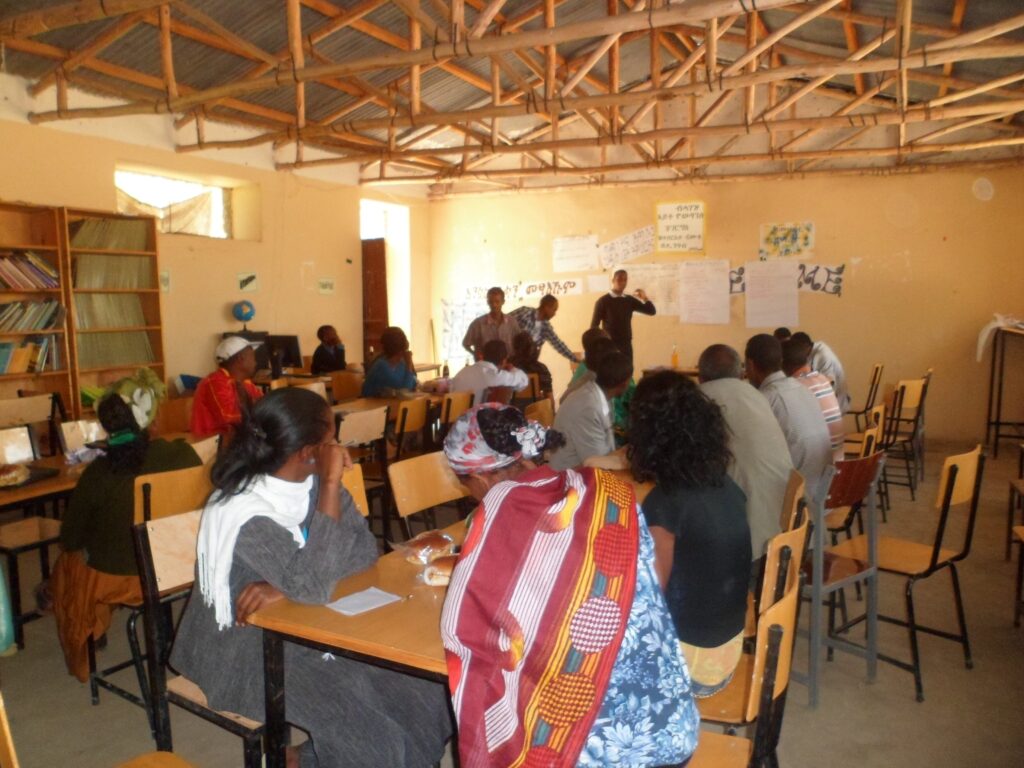
Community participative education
QESDA worked extensively with cross section of community groups, community leaders and elders, women ,youth , and marginalized social groups during project implementation . The project initiative created a large scale of community mobilization and participation and enabled the poor and disadvantaged groups to actively participate in the social accountability.
Most of the implementing QESDO followed on objective of strengthening local community based organization .( idirs , local mass organization such as youth and girls clubs etc ) as partner for exacting social accountability by improving their awareness on rights , role and responsibilities regarding service delivery and on social accountability approaches .
Schools are a deeply community-oriented and inter-generational space. While schools focus on children, parents and other community members are also rooted in the operations and welfare of the school. As a place that affects many people, schools are a perfect place for communities to meet, discuss and engage. As a focal contact point in communities, especially more rural communities, schools have the opportunity to include other services, for both children and adults. Schools can be a place of holistic development through social services, including education, health, and recreation. As more services are linked to the school, community engagement and ownership will increase, leading to more local and sustainable development.
QESDO Community engagement in education is widely recognized as a vital force in the effort to remove barriers to achieving quality education for all. Although generalized problems can be identified externally (i.e., low school enrollment), it is a community’s engagement in the reflective analysis of its particular situation that leads to locally generated, locally viable, long-term solutions. Successful engagement empowers communities to participate in multiple facets of education support. Community involvement in school management has shown to increase accountability for both learning outcomes and school resources; involvement in curriculum development, which ensures the cultural relevance of subject content and teaching styles, leads to a wider embrace of the educational process. Community engagement also fosters the willing contribution of local resources (human, material, and economic) for the benefit of education. Community ownership of education initiatives endows such initiatives with a greater likelihood of being successful, and of being sustained over time
• When school personnel and parents mutually support and recognize each other, opportunities for learning are maximized. Teachers need support and recognition from communities to perform effectively; parents need guidance from teachers and other school personnel to understand how they can support their children’s learning.
• Local resources are contributed. Even communities living in entrenched poverty have intellectual, physical, social, and material resources that they can leverage to support education initiatives. These resources are usually contributed willingly when community members have a sense of ownership and an understanding that the initiative is for the betterment of their children and their community.
The process of engagement can strengthen community relations. Learning together and practicing the processes of participatory consultation and decision making can change community dynamics and transform relationships between groups. Gender relations are often transformed, for example, when opportunities are created for women to be involved in decision making alongside men. Communities have proved that with support and guidance, they are able and willing to address the cultural norms and values that promote discrimination (CARE, n.d.)
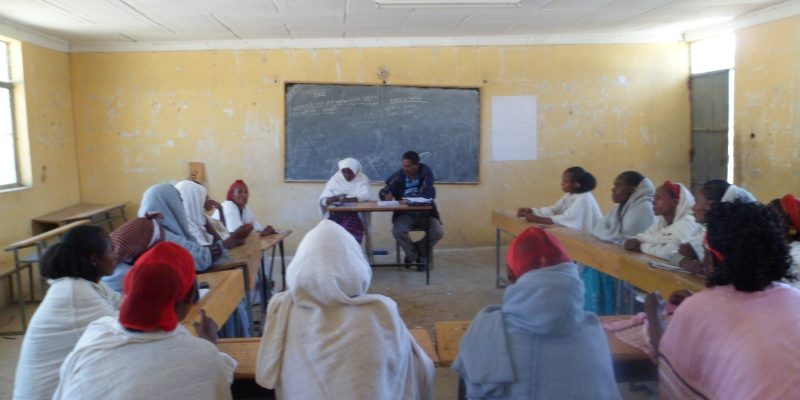
![[000353]](https://qesdo.org/wp-content/uploads/elementor/thumbs/000353-scaled-qbc2yy11gdwhwxalpcxvvfoqz81l4kg5j7b1hxj5i8.jpg)
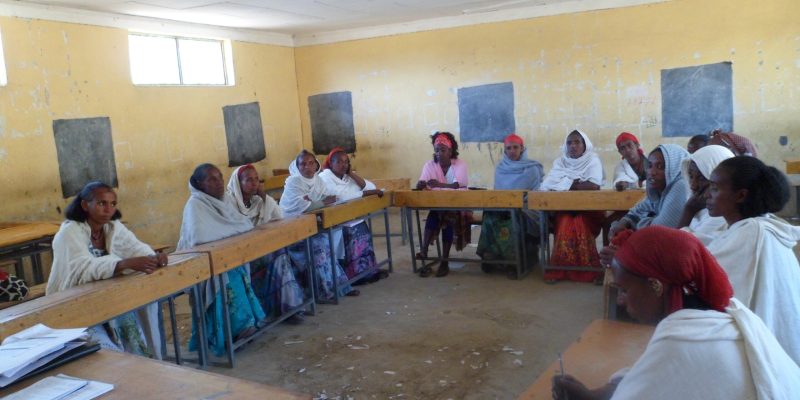
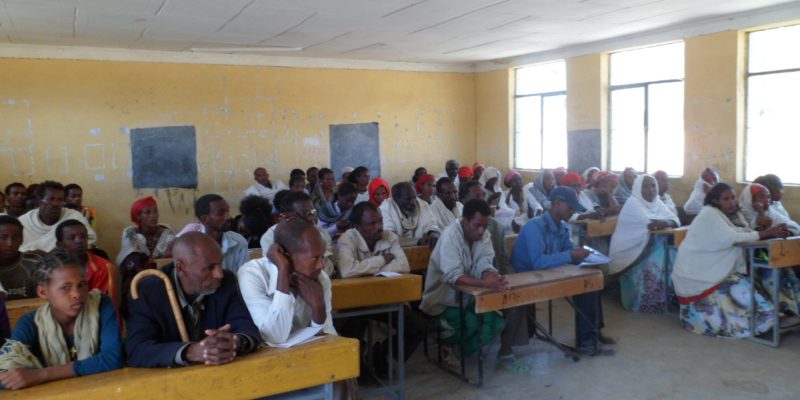
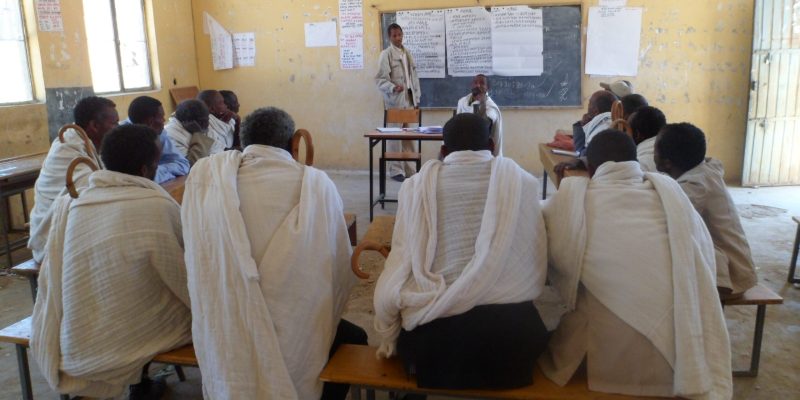
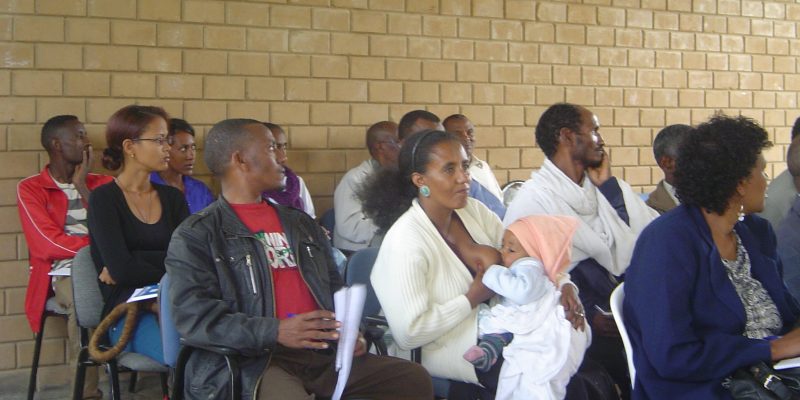
Communigy Engagement
QESDO on community engagments

Community participation
Experience sharing
community participation

Background
As a non-governmental organization based in Tigray, Ethiopia. QESDO operates primarily in the areas of education, health, and protection to improve the lives of individuals and communities.
Vision
QESDO wants to see inventive and innovative society through ensuring quality accessible and inclusive education at all levels.
Mission
QESDO exists to contribute to the promotion of sustainable economic development through promoting quality education, school health ,research ,gender equality ,advocacy and capacity building training for adults, youths PSTA, teachers ,directors ,student and community in rural and urban areas of Tigray and Afar region.
Values
we QESDO value to transparency ,accountability , equality ,inclusiveness ,integrity , honest and fairness.


